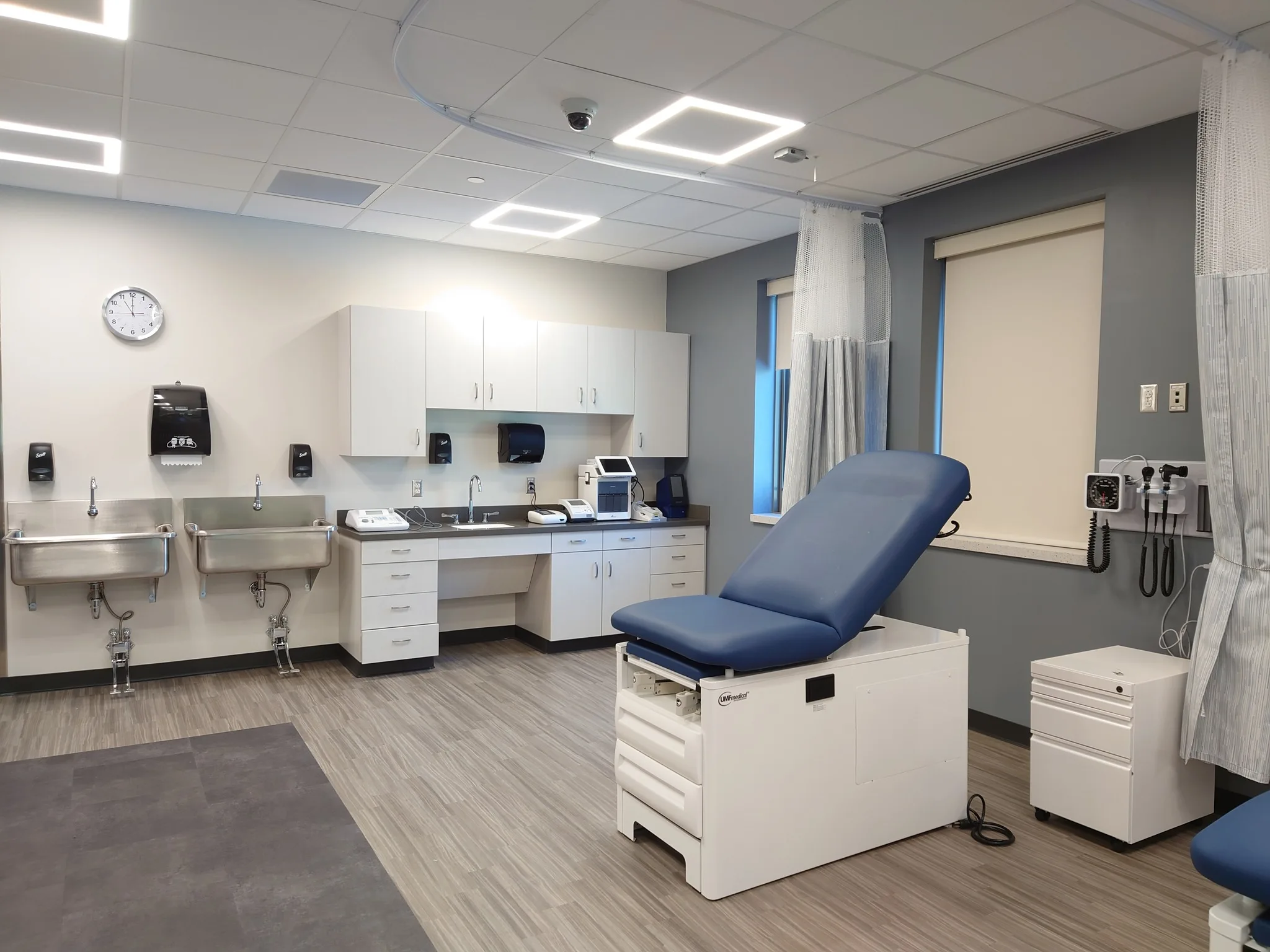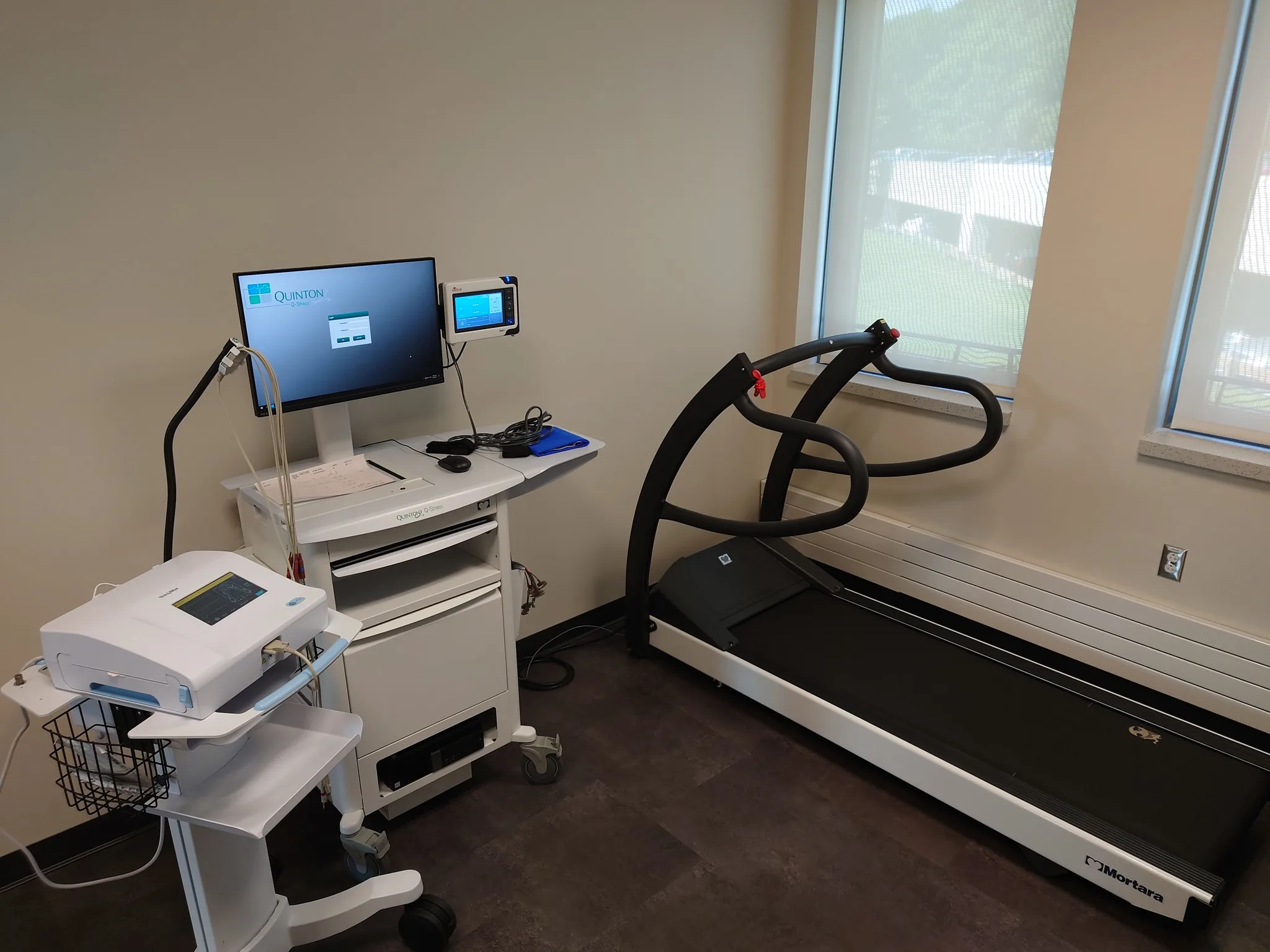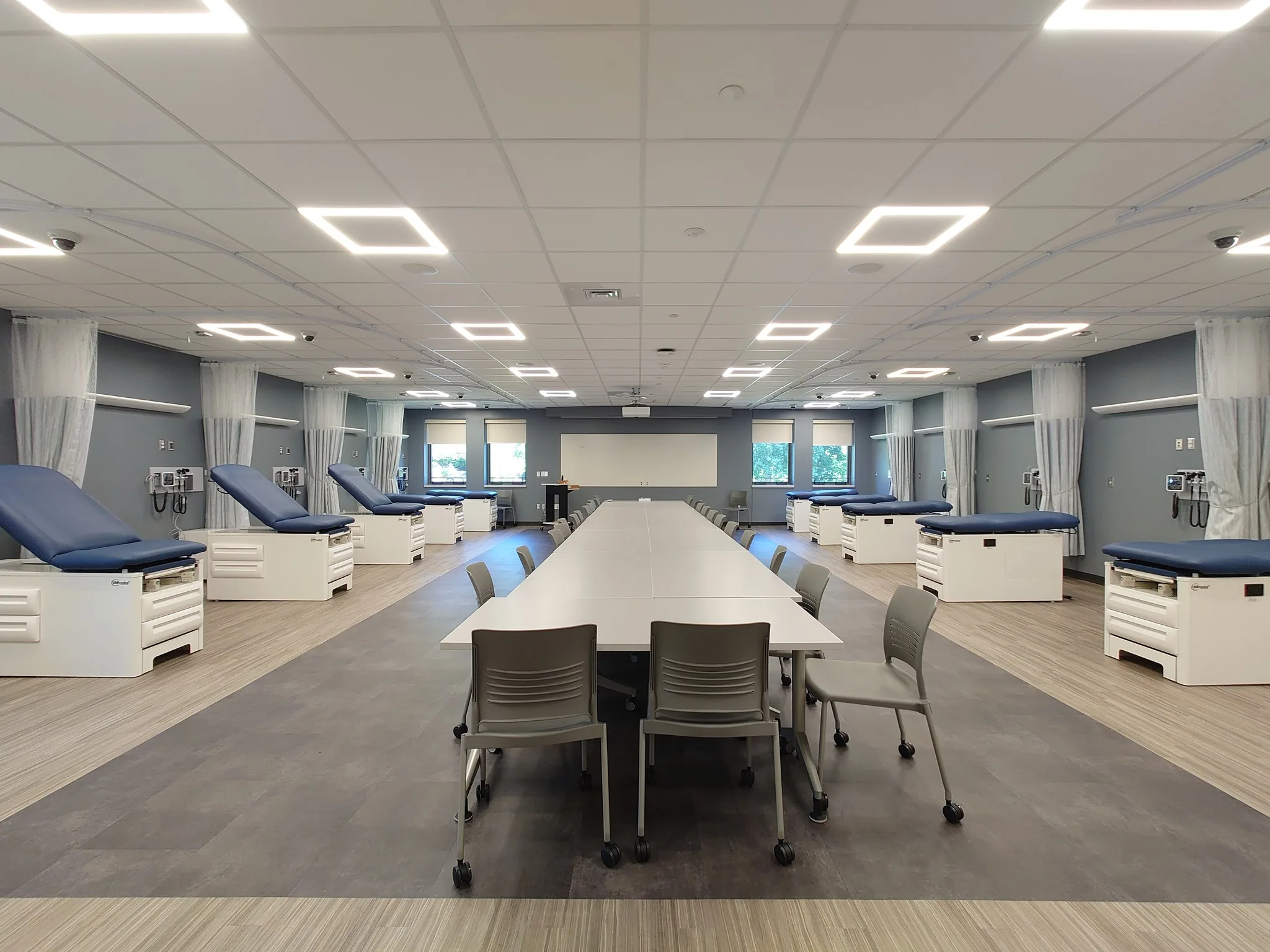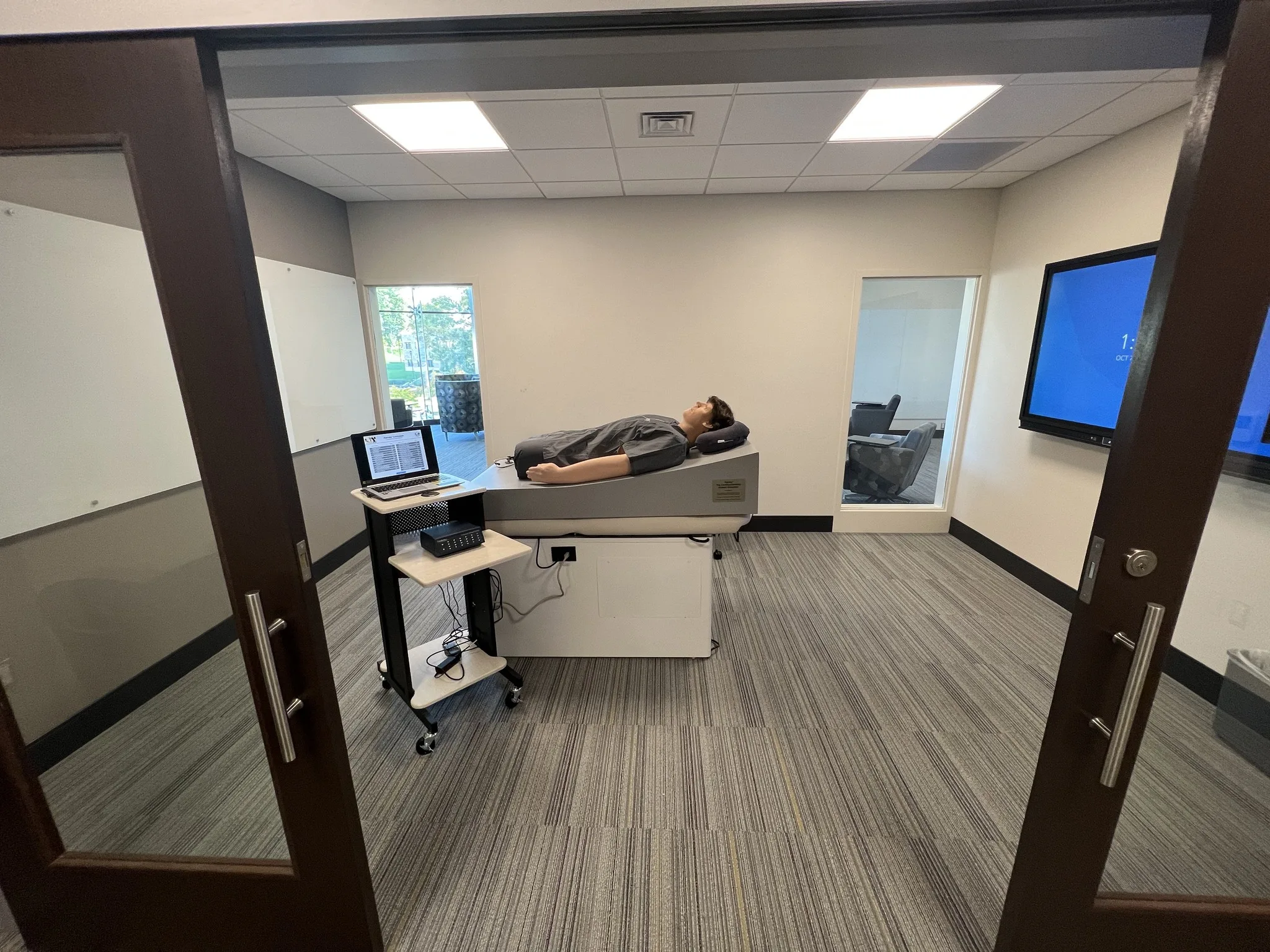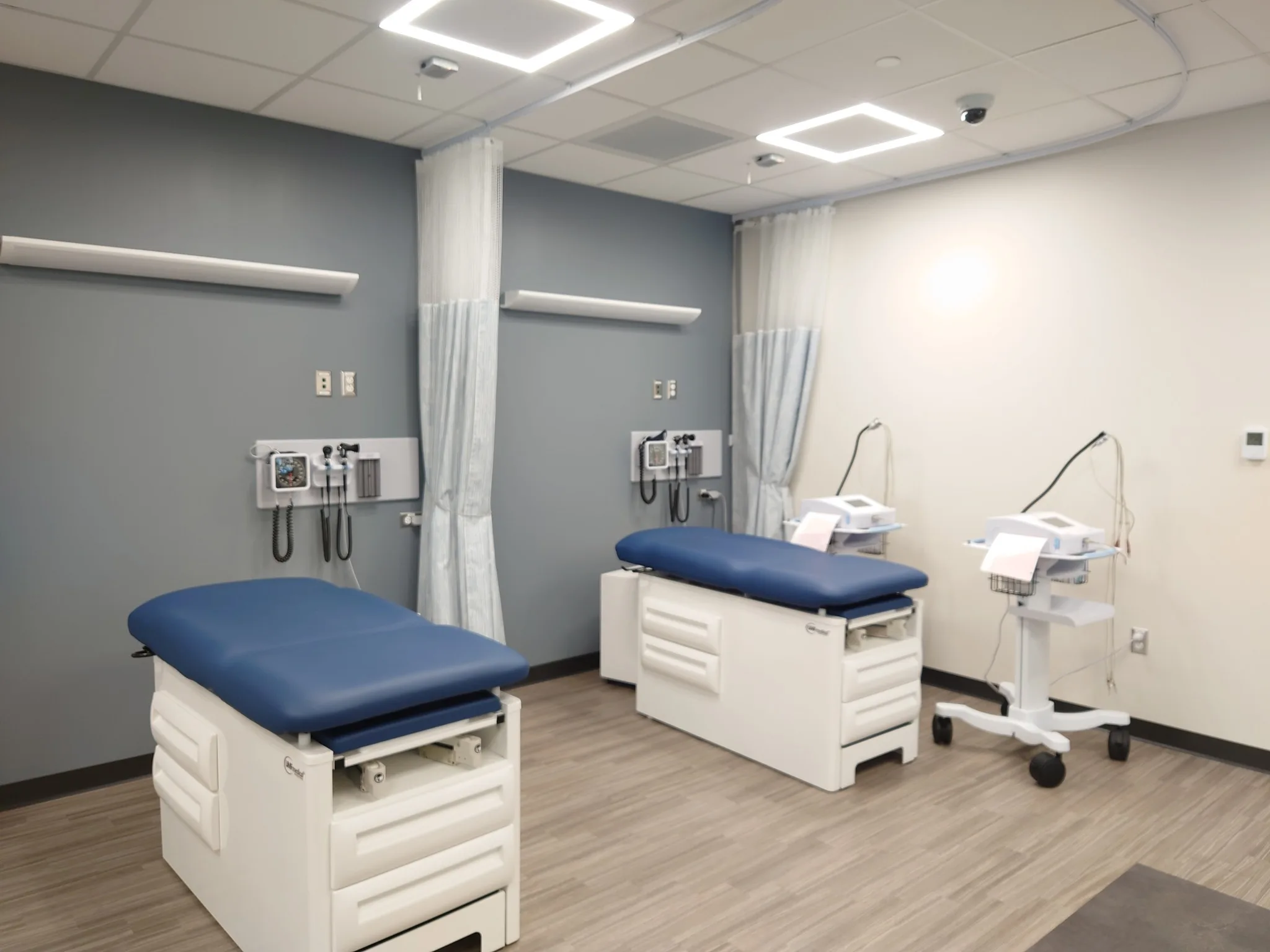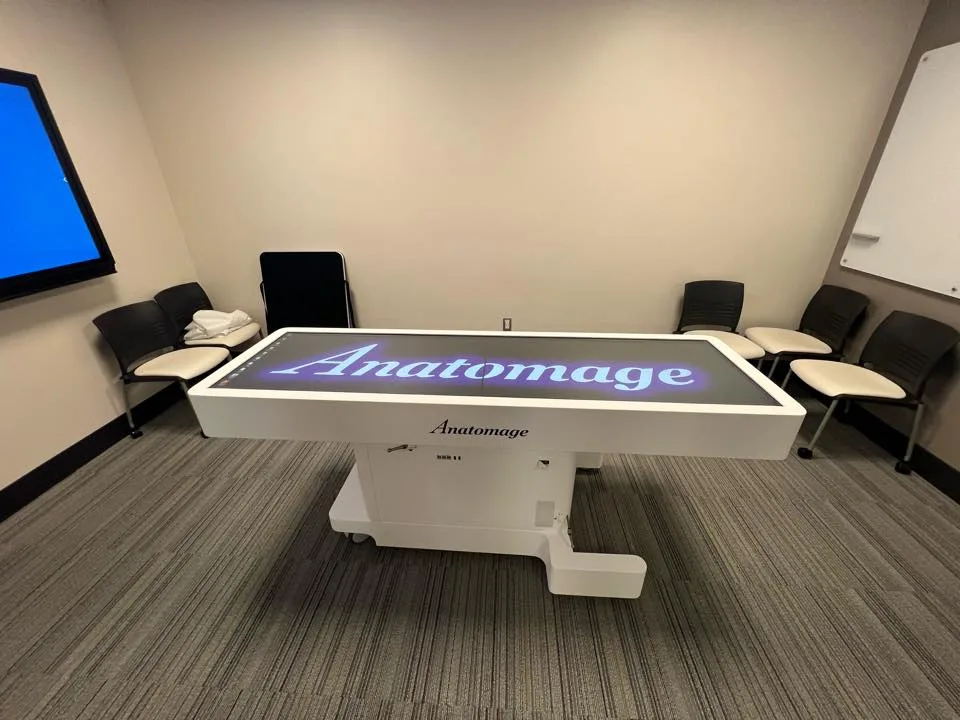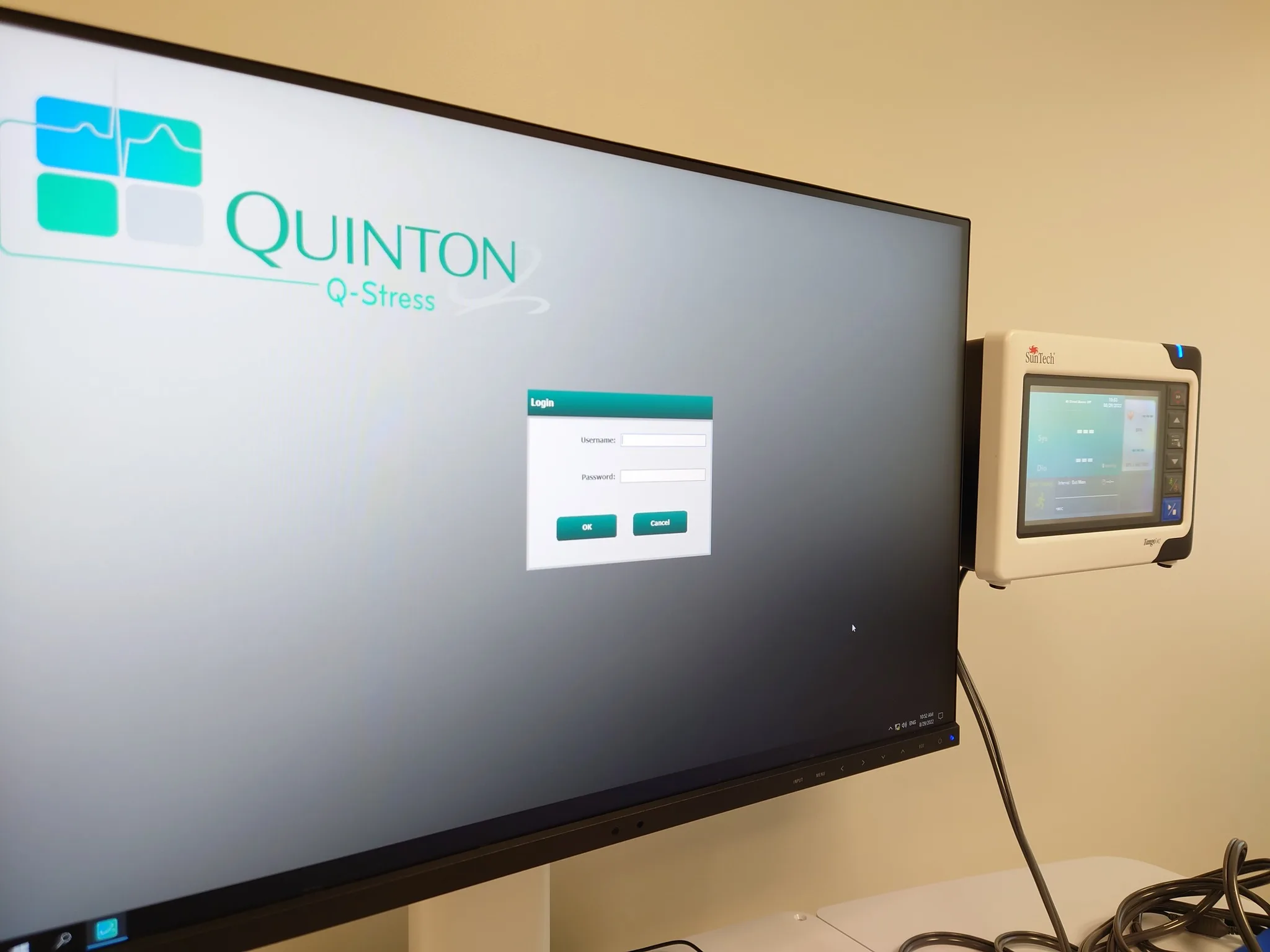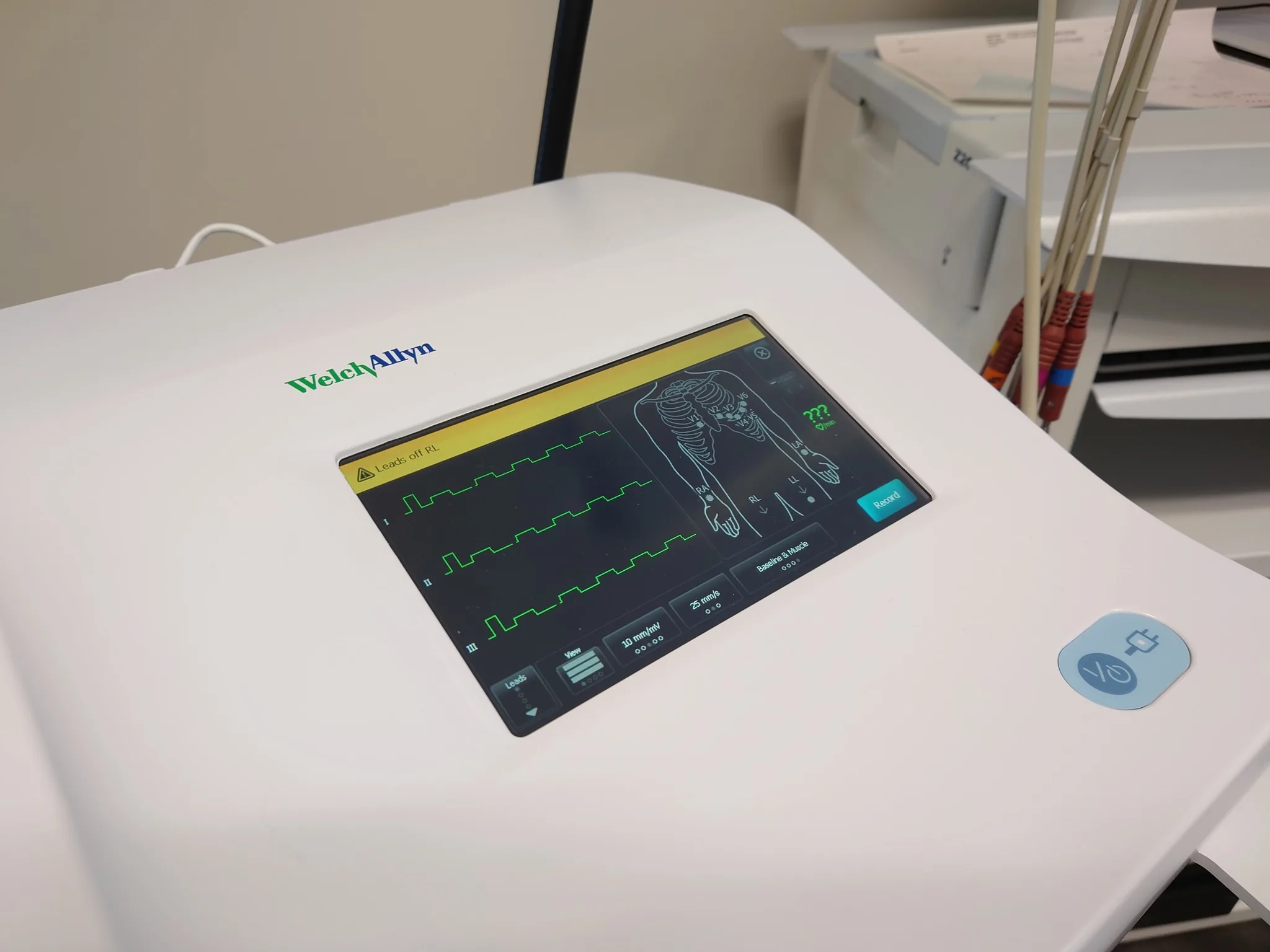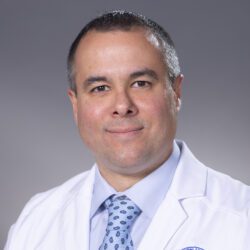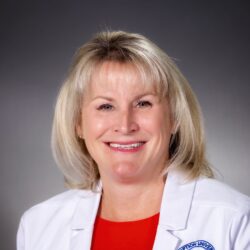Assumption University's Master of Science in Physician Assistant Studies program has been granted Accreditation-Provisional status from the Accreditation Review Commission on Education for the Physician Assistant (ARC-PA).
The 28-month Physician Assistant program will prepare its graduates, throughout the 12-month didactic and 16-month clinical phases of the program, to enter the health care field with the education and skills required to provide compassionate and highly competent care to every patient they serve. Your Assumption PA education will highlight the empathetic component of health care. The understanding that each patient is an individual to be cared for, and not just a disease, is fundamental to our mission.
The Important Role of a PA
PAs are medical professionals who collaborate with physicians as part of the health care team. They conduct physical examinations, diagnose, and treat illness and injury, order and interpret lab and diagnostic tests, perform medical procedures, assist in surgery, provide education and counseling, and make rounds on patients in hospitals and nursing homes. All 50 states and the District of Columbia allow PAs to practice medicine and prescribe medications. PAs work collaboratively with physician team members in all medical specialties.Graduate Virtual Information Sessions
Kayla M. Cetrone, Ph.D.
FACULTY
Assumption University's Physician Assistant Studies Program Granted Accreditation- Provisional Status
The Catrambone Health Sciences Building
The 41,000 square foot Richard J. & Sophia Catrambone Health Sciences Building houses our PA Program.
Several classrooms are located on the ground floor of the Health Sciences building, including the 60-person lecture hall, featuring tiered seating and comprehensive audio-visual equipment. All PA Program didactic lectures will be delivered in this classroom.
The third floor of the building houses the other features of our PA Program. The PA Clinical Lab, which will be utilized for various program needs including our Physical Diagnosis, Clinical Procedures, and Clinical Decision Making courses, features eleven physical exam bays, complete with wall-mounted diagnostic equipment typical to a standard examination room. The Lab also contains point-of-care lab testing equipment, seating and tables for work and discussion, ECG machines, slit lamps, portable ultrasound devices, and comprehensive audio-visual equipment. Located adjacent to this Lab is a cardiovascular lab equipped for cardiac stress testing.
Adjacent to the PA Clinical Lab, the Medical Simulation Center consists of six specialized rooms for practical education components of our didactic curriculum. There are four Examination Rooms, currently designated as pediatric, inpatient medicine, OB/GYN, and EENT settings, respectively.
There are two simulation rooms are set up as an Operating Room and Emergency Department room. The OR includes an anesthesia setup and full array of surgical instruments. The ED room contains a portable ultrasound machine and code cart. Control rooms complete with one-way mirrors adjoin each of these two simulation rooms for use during active simulation cases. The debriefing room within the lab/simulation center area is available for discussion following simulation cases.


